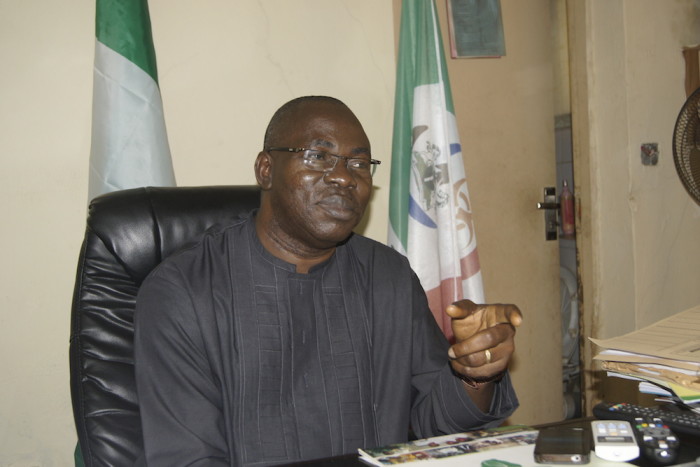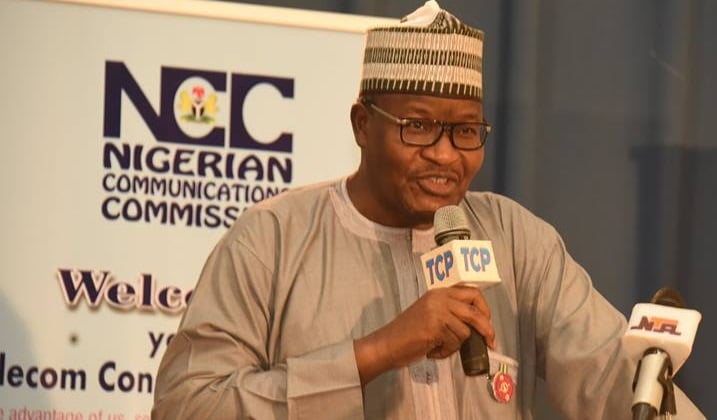Rufus Ebegba, director-general of National Biosafety Management Agency (NBMA), says the federal government is prepared to tackle threats that may present in the form of biological infectious agents.
Speaking on Wednesday during the review of the national biosecurity policy draft, the DG said the agency will ensure that such harmful agents are properly contained in Nigeria.
Ebegba said Nigeria needs to be prepared to avoid future occurrences like COVID-19, because of the effects on the economy.
He also warned individuals who engage in malicious acts that harm the health of Nigerians to desist from such.
Advertisement
“Infectious organisms know no boundaries. They cut across boundaries. As a matter of fact, we see them as a common challenge of our human lives. So, we must as a nation be proactive. In view of that, the National Biosafety Management Agency was given that mandate to coordinate to ensure that biological infectious agents are properly contained in our nation.” he said.
“Biosecurity will not be devoid of the issue of bioterrosim. We are prepared for anyone that would tend to make our environment, make our health a challenge through their malicious intentions. Nigeria will not allow that.
“These issues of biosafety do not affect our different sectors alone. Our economy is also affected if this biosafety is not properly managed. This issue of COVID-19 has not only affected the health sector, it has crippled global economies and Nigeria is not an exception. So, we are going to be adequately prepared for future occurrences of such biological threats to human existence.”
Advertisement
Sharon Ikeazor, minister of state for environment, said the national biosecurity policy is aimed at improving health, agriculture and the environment.
“The success of this policy review will lead to the implementation of an integrated biosecurity approach at national and sub-national levels. This will require the use of this document as a clear framework that defines the roles and responsibilities of relevant stakeholders,” she said.
On his part, Walter Kazadi, country representative of the World Health Organisation (WHO) in Nigeria, said his organisation will continue to support the development of the biosecurity policy document.
Advertisement





